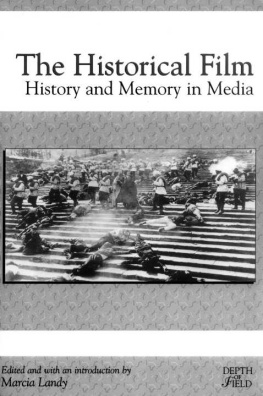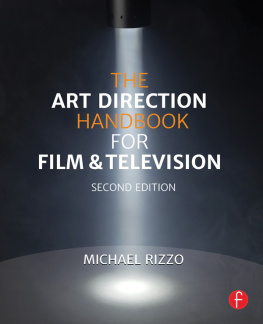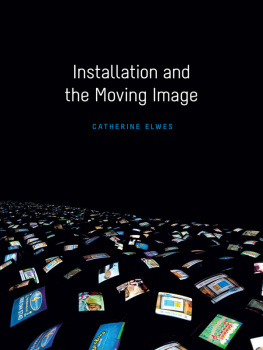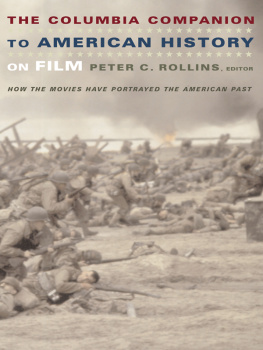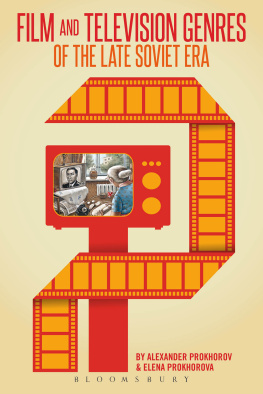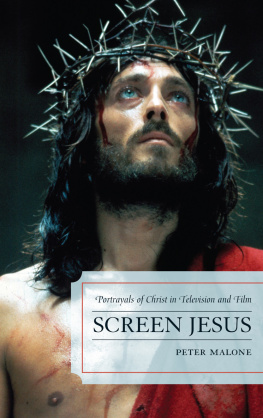REFRAMING THE PAST
Reframing the Past traces what historians have written about film and television from 1898 until the early 2000s. Mia Treacey argues that historical engagement with film and television should be reconceptualised as Screened History: an inter-disciplinary, international field of research to incorporate and replace what has been known as History and film. It draws from the fields of Film, Television and Cultural Studies to critically analyse key works and connect past scholarship with contemporary research.
Reconsidered as Screened History, the works of Pierre Sorlin, Marc Ferro, John OConnor, Robert A. Rosenstone and Robert Toplin are explored alongside lesser known but equally important contributions. This book identifies a number of common themes and ideas that have been explored by historians for decades: the use of history on film and television as a way to teach the past; the challenge of filmic and televisual history to more traditional historiography; and an ongoing battle to find an appropriate historical way to engage with Film Studies and Theory. Screened History offers an approach to exploring History, film and television that allows room for future developments, while connecting them to a rich and diverse body of past scholarship.
Combining a narrative of historical research on film and television over the past century with a reconceptualisation of the field as Screened History, Reframing thePast is essential reading both for established scholars of History and film, Film History and other related disciplines, and to students new to the field.
Dr Mia E. M. Treacey is Lecturer at Federation University Australia. She researches in the fields of cultural history, specialising in Screened History.
REFRAMING THE PAST
History, film and television
Mia E. M. Treacey
First published 2016
by Routledge
2 Park Square, Milton Park, Abingdon, Oxon OX14 4RN
and by Routledge
711 Third Avenue, New York, NY 10017
Routledge is an imprint of the Taylor & Francis Group, an informa business
2016 Mia E. M. Treacey
The right of Mia E. M. Treacey to be identified as author of this work has been asserted by him/her in accordance with sections 77 and 78 of the Copyright, Designs and Patents Act 1988.
All rights reserved. No part of this book may be reprinted or reproduced or utilised in any form or by any electronic, mechanical, or other means, now known or hereafter invented, including photocopying and recording, or in any information storage or retrieval system, without permission in writing from the publishers.
Trademark notice: Product or corporate names may be trademarks or registered trademarks, and are used only for identification and explanation without intent to infringe.
British Library Cataloguing in Publication Data
A catalogue record for this book is available from the British Library
Library of Congress Cataloging in Publication Data
Treacey, Mia E. M.
Reframing the past : history, film and television / Mia E. M. Treacey.
pages cm
Includes bibliographical references and index.
ISBN 978-1-138-81587-2 (hardback : alk. paper) -- ISBN 978-1-138-81588-9 (pbk. : alk. paper) -- ISBN 978-1-315-63916-1 (ebook) 1. Motion pictures and history. 2. Motion pictures--Historiography. 3. Television and history. 4. Television--Historiography. I. Title.
PN1995.2.T77 2016
791.43658--dc23
ISBN: 978-1-138-81587-2 (hbk)
ISBN: 978-1-138-81588-9 (pbk)
ISBN: 978-1-315-63916-1 (ebk)
For my wonderful husband John, and my amazing mum and dad. Each of you makes everything possible in so many ways. In loving memory of Allen Robertson Young (19252015): grandpa, father, husband and teacher.
First, to my editor Catherine Aitken, thank you for your belief in this project as well as your patience and understanding during the editing process. While we were over 15,200kms apart you proved that with modern technology, distance is no barrier to supporting a first time solo-author.
Thanks so much to Professor Dana Polan for your amazing support in making this book a reality and for your insightful, generous and constructively critical examination of my original doctoral thesis. I hope that one day we actually get to meet in person.
To Pam Williams, my first boss, then my staff member, now colleague and best friend. You always believed, even when I did not. Thank you will never be enough.
Huge thanks must go to Dr Stuart Levy for being an amazing boss, a wonderful research and writing partner, a true mentor, and a great friend.
To Professor Peter Howard, Professor Bain Attwood, Rosemary Johnston and the Historical Studies staff and students at Monash University, thank you for all the years of inspirational teaching, support, and mentoring. Thanks also to Emeritus Professor Bill Kent, you were an amazing teacher, an inspiration, and still very much missed.
Thanks to all my many colleagues at Monash University and Federation University Australia over the years I was doing my PhD, while working as an administrator, and finally as an academic colleague. Thanks for picking up extra marking, taking the odd class, and putting up with my frazzled demeanour mid-rewrite. That is what makes it possible to find the time to produce any publication while still teaching and doing all the other things demanded of academics. Thanks also to my many students who took an interest in my research, or simply gave me the honour of teaching them over the years; your desire to learn keeps me motivated.
Enormous and very heartfelt thanks go to Dr Andrew Edwards, Dr Lara Hanson and Dr Ian Katz: it takes a village.
Kate Gaffney thanks for the much-needed laughs along the way, as well as the insight from your terrifying intellect: and the chocolate.
To my girls: Sonia Parisi, Lisa Worthy, Lisa Evans and Carolyn Murphy, thank you from the bottom of my heart for 20 years of friendship, laughter and support. I owe you all a number of forgotten birthday presents and missed dinners due to this writing process.
To Professor Mark Peel and Associate Professor Deane Williams, my supervisors, this book could not exist without the agony and the ecstasy of doing a doctoral thesis; thanks for getting me through.
To the staff at the Mr. Brightside caf: for letting me sit, drink your exceptional coffee, and write in the company of others.
Lastly, to Sydney our cat, for keeping me company when writing. Im choosing to believe that sitting on everything I was trying to do or use, and blocking the monitor with your entire body was your way of saying you liked the book, not that you wanted to be fed.
| AFI | Australian Film Institute |
| AHR | American Historical Review |
| ASLIB | Association for Information Management |
| BBC | British Broadcasting Corporation |
| BCCS | Birmingham Centre for Contemporary Cultural Studies |
| BFI | British Film Institute |
| BUFC | British Universities Film Council |
| FHAANZ | Film and History Association of Australia and New Zealand |
| HFC | Historians Film Committee (America) |
| HJFRT | Historical Journal of Film, Radio and Television |
| IAMHIST | International Association for Audio-visual Media in Historical Research and Education (Later the: International Association for Media and History) |




